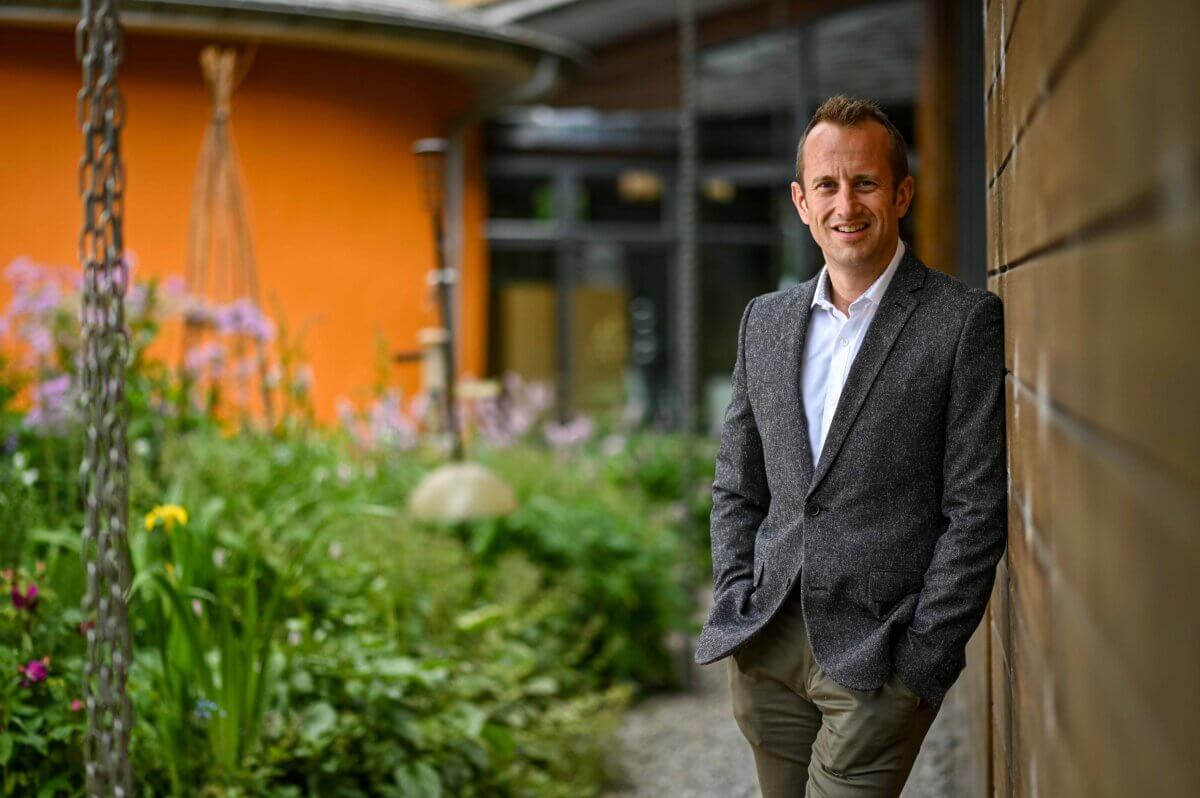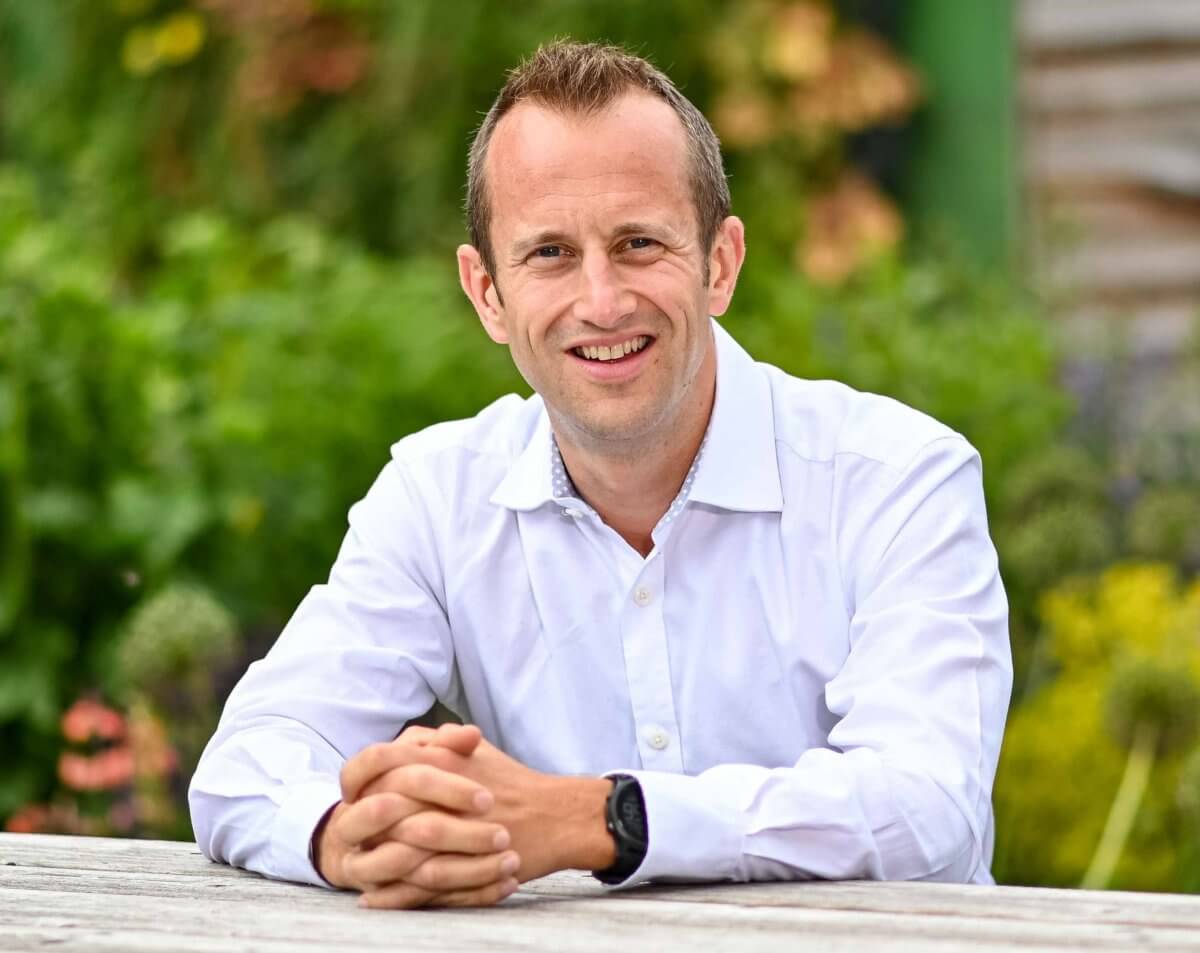Is It Hot In Here?

Following our October Board meeting, non-executive director Alison Vipond shares her thoughts on climate news, UK policy developments and the run-up to COP21…..
Is it hot in here?
September was the hottest September on record, and 2015 is looking to be the hottest year, because of global warming and a strong El Nino this year. So what are we doing about it….?
The Chinese President made a state visit to the UK this week, and sealed a high profile deal with David Cameron: Chinese state-backed investors will foot one third of the £18 billion bill for French company EDF to build a nuclear power station at Hinkley Point in Somerset. It’s expected to start generating in 2025 and to power 6 million homes. The Guardian’s head of environment, Damian Carrington, said ‘the deal “detonates an atomic” bomb under the Government’s already bewildering energy policy’.
Bewildering indeed. While David Cameron reassures us that the nuclear deal will create 25,000 jobs, there are thousands of jobs on the line in the UK solar industry. We know the Conservatives want to remove the feed in tariffs for solar. But they are at least letting the public have its say: the DECC consultation closes today. You can imagine how I responded.
We like the quote from Nick Pascoe, manager at Orta solar firm, in the process of closing, which captures the mood of many: “The rest of the world has recognised that renewable electricity inspires countless entrepreneurs to set up localised generation businesses and that it can challenge the market share of the established monopolies. However, this government are so much in the pockets of those established monopolies that they are doing their bidding in actively destroying UK renewables. Their stance is out of step with the rest of the industrialised world and is a dreadful blight on the UK.”
In a well-timed report this week, the Committee on Climate Change (the Government’s official independent advisors) concluded that low carbon electricity from solar and onshore wind will be cheaper than gas within 5 years, and will be the cheapest way to keep the lights on and meet carbon targets. For the Conservatives to turn their backs on sustainable, renewable, endless energy is difficult to comprehend.
A perhaps unexpected voice for longer-term thinking has come from Mark Carney, governor of the Bank of England, who delivered a key speech at Lloyd’s of London’s City Dinner on 29th September referring to the ‘Tragedy of the Horizon’, the possibility of threats to financial stability from the collapse in value of energy investments when the threat of climate change becomes apparent – and likely to be at a point when it is too late to change course. So far the Bank and the regulators have concentrated on the insurance industry but it will become apparent that banks are as much at threat from failure to address climate change. In reality, it shouldn’t come as a surprise and in fact should be greeted with a sigh of relief that a responsible central bank is scanning the horizon in this way.
The more imminent tragedy arises in that measures to avoid a bubble in carbon investments were already underway with the UK leading the way in transformation to clean energy – and in the run up to COP21 we have apparently thrown this all away.
The plight of the UK steel industry is also very concerning. There are many global factors at play, but the price of energy is one factor. There is a need for a global agreement on the cost of carbon emissions, helping to level the playing field between industries in different countries, rather than countries which are trying to reduce emissions closing down their energy hungry industries, but simply displacing the emissions to other countries, at the same time as haemorrhaging jobs.
The year is flying by. Hard to believe that next month, the UN climate talks will take place in Paris. On 29thNovember, I will be marching in Newcastle, one of the simultaneous marches around the country which are part of the global People’s Climate March. This global movement will grab the attention of the policy makers on the day they arrive in Paris. It is our opportunity to globally unite, calling on politicians to seize and build on momentum, to make a real difference this time, at the most important climate talks for a decade.
So what can we expect from Paris? The International Energy Agency has examined the pledges made by the countries so far, in the run up to Paris, to slow emissions from the energy sector. Overall, emissions are expected to slow down to growth of 0.5% per year by 2030. Growth in emissions will nearly plateau, despite increasing productivity, which is good…… but it’s not enough. The temperature will still rise by 2.7 degrees C by 2100. We need to do more….. Urgently…. and it is within our grasp….. we know from the Intergovernmental Panel on Climate Change (IPPC), the world’s foremost climate science body, that humankind already has the technology to prevent climate catastrophe. What is needed is political will. Let’s stop pussyfooting around, let’s put aside the vested interests. Let’s unite as one world, to move the world economy away from carbon fuels. Governments are only going to do this if we get vocal and show that averting climate disaster is a real priority for real people. I am using my voice so that my children and everyone else’s children will grow up in a peaceful world.
I’ll end on a positive note. It’s been Good Money Week this week. And 22nd October was International Banking On Values Day, which invited all Global Alliance for Banking on Values (GABV) members, partners, customers, and interested, passionate, policy makers, regulators and public, to celebrate the growing, global values-based banking movement. It’s all about driving positive economic, social and environmental impact by serving human needs and the real economy, and we’re proud to be part of it.


